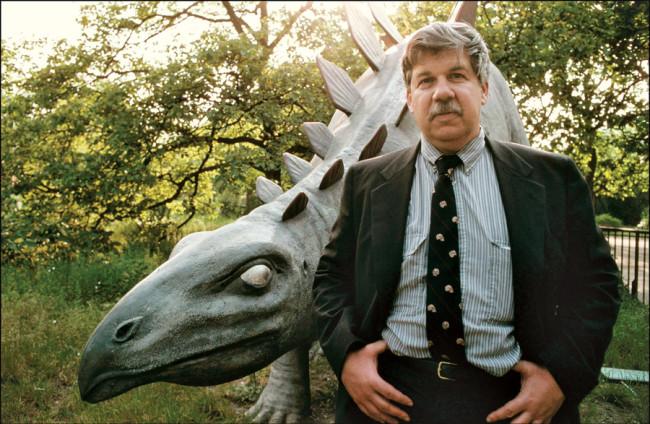By Michael Dearman

Read the other half of the debate by Brandon Bub.
The late Stephen Jay Gould described science and religion in terms of “nonoverlapping magisteria,” where both science and religion had respective realms of teaching over which they have authority and should not conflict. However, Gould admits that the border between these two magisteria is always changing and shifting and rearranging itself in complex ways.
Undoubtedly there are claims that both science and religion make that “cross the border.” Creationists who claim that Earth is only roughly 6,000 years old directly contradict settled science that Earth is much, much older. This claim crosses the border.
However, instead of thinking about the conflict between religion and science as a zero-sum game, a pie with a finite amount of knowledge and understanding to be claimed within a magisterium, I want to offer a different, albeit rough, line of thinking.
The view that I hold is called critical realism—realism because it holds that there is one reality to which human beings have access, and critical because it acknowledges that in the acting of observing and reasoning we bring diverse perspectives to the table. These perspectives, through the gift of language, can be compared, critiqued, debated, and we can form consensuses about them.
I think science and religion are after many similar things, employing many of the same methodologies to draw conclusions about their areas of interest. There is nothing to suggest that science is in itself incompatible with religion as a conversation partner. In drawing attention to multiple perspectives on issues relating to such issues as bioethics, dying, and mental health, there are multiple ways in which science and religion might enter into conversation for productive ends.
This is not to say that there is no conflict or should be no conflict at all. A thoroughgoing naturalist and a creationist cannot enter into conversation because they lack one thing – intellectual humility. Neither of the two can bear to accept that their position is wrong or that their position should be open to other possibilities.
Gould denounced the dogmatism that he saw prevailing between science and religion where there did not need to be dogmatism. Gould was an atheist. I am a Christian. I like to think that he would have been a fabulous conversation partner about the relation between science and religion. Someone like Richard Dawkins – a dogmatic naturalist – would probably not be a good conversation partner nor would Fred Phelps (who I’m not sure is a creationist, but he is the kind of heinous dogmatist I fear).
The last thing we need to be doing, which is perpetuated by major media (because fighting sells better than friendship), is to argue in a destructive manner. Is it so far-fetched or idealistic a hope that we might engage with one another in constructive dialogue?
Dearman is a senior majoring in political science and philosophy.








